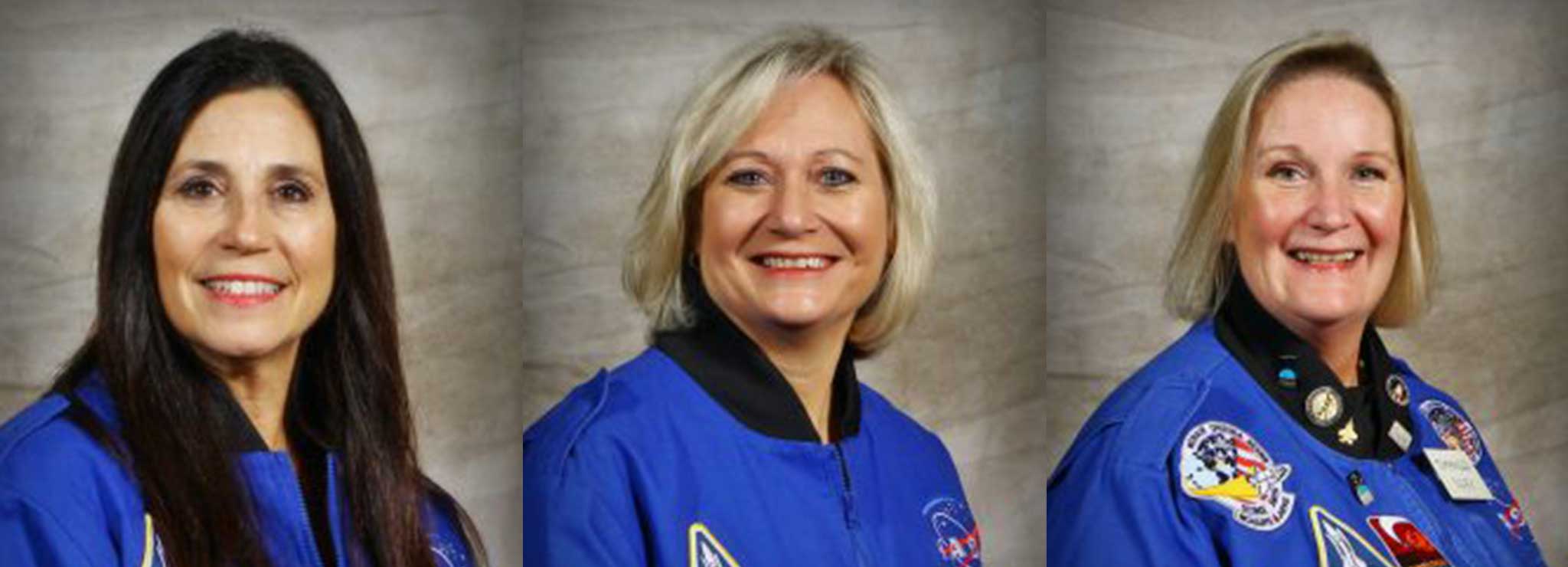Blogs | 4.24.2023
Inspiring Students Who are Often Forgotten

While some students are comfortable learning through a lecture-style format, others need more hands-on and active learning conditions. But what happens when non-traditional learners can’t adhere to the one-size-fits-all approach commonly found in school systems?
Carl Carpenter has been an educator at juvenile detention facilities through the West Virginia Department of Education for more than 30 years. He shared, “Part of the reason students are in these juvenile detention facilities is because they don’t fit into the learning approaches used by their regular school. They can’t stay focused in the classroom, so they get kicked out.”
Providing Engaging Education Opportunities
In partnership with Carl and the West Virginia Department of Education, Challenger Learning Center at Wheeling provides students at 15 state juvenile corrections facilities with e-Mission and e-Lab learning opportunities. These simulated, problem-based learning activities allow students to participate from any distance learning environment—even a juvenile detention facility where students are often not allowed access to the materials needed for interactive lessons, like science labs.
“If you take experiments out of science, what do you have left?” said Jackie Shia, Director of Challenger Learning Center at Wheeling. “Who wants to read a chapter about doing experiments without seeing what happens themselves? Our goal is to keep students engaged through hands-on experiments, no matter their environment.”
“Our e-Missions and e-Labs are all about collaboration and working together,” said Laura Ondeck, Lead Flight Director of Challenger Learning Center at Wheeling. “We don’t mind when students are out of their seats and talking to each other—we encourage it!”
Showing All Students Their Potential
This educational programming has successfully inspired students who are often forgotten and feel like all hope is lost.
One teacher approached Jackie after their mission, sharing that one of her students came to her and said, “I’m not gonna lie—for two hours, I forgot I was behind bars.” Jackie also overheard a student from one of the classes saying . . . “See? I can do something!” to their classmate.
This sentiment is shared by all learners who engaged in the Center’s e-Mission and e-Lab programs. Even educators find themselves pleasantly surprised at their students’ ability to stay keyed in. One teacher reported—in awe—that the mission was the first time they heard one of their students speak since he got to the juvenile detention facility, sharing, “He spoke throughout the entire mission.”
Every student has been successful in completing their mission. “They want to learn, and they want us to do these activities with them,” said Laura. Jackie added, “This experience demonstrates that just because some students have trouble in a traditional classroom setting doesn’t mean they can’t still be successful in school. They just need the proper guidance.”
Inspiration for All
Many educational partners on these missions not only find their experience working with students in juvenile detention facilities rewarding, but eye-opening. “You sometimes think these students are there because they did something wrong and deserve to be there,” said Jackie. “But a large portion of these students are there because they didn’t have the support they needed. There’s still hope for these kids. I think it’s our job as a society to make a difference for them and to make them understand that they are worthy of a life just like anyone else.”
Laura was inspired by watching these kids learn how to believe in themselves. She shared, “We’re just hoping they take that confidence with them further—that they rehabilitate and become a successful member of society in the future.”
“You see yourself in some of these students. If one little thing went wrong in my life, I could’ve been there too,” reflected Carl. “These students need the best, not the worst. They shouldn’t be kicked aside just because they had problems. These kinds of educational experiences give them a chance to do something they’ve never been allowed to do—dream.”
“These have been the most rewarding missions that we’ve done—and we’ve done missions in every state across the United States, along with 22 countries around the world,” said Jackie.
